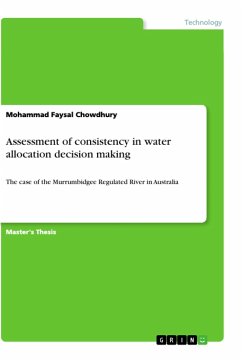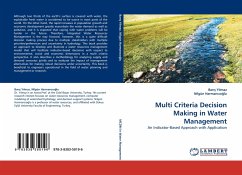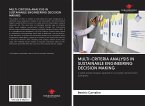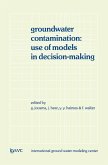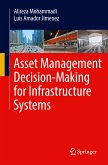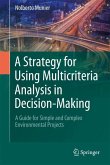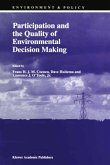Master's Thesis from the year 2018 in the subject Engineering - Civil Engineering, grade: 9.00/10.00, Delft University of Technology (UNESCO-IHE, the Netherlands), course: Hydrology and Water Resources, language: English, abstract: This research reviews the water allocation process in the Murrumbidgee region, New South Wales, Australia, identifes the reason behind the inconsistency, develops a framework to measure the consistency and investigates the usefulness of additional hydrological information to improve the consistency of the allocation process.The water allocation process from 2011 to 2016 has been reviewed, and based on this understanding and available data, a water allocation model has been developed which is able to simulate the allocation process for the region. The model performs well in emulating the previous allocation process and can be tested with any datasets. Moreover, a framework has been developed to measure the consistency of allocation decision which is expressed in a consistency index.Decision making in water allocation process to irrigated agriculture is a complex job due to the increasing demand of competing sectors and the uneven distribution of usable water resources both in time and in space. One of the most important parts of this job is the quantification of the available water from all sources to meet the demand to the end of the irrigation season. In doing so, decision makers are often very conservative to increase the reliability of allocation process and decrease the probability of damage associated with failure to deliver the allocated water.The water allocation process in the Murrumbidgee region is well monitored, and follows an established set of clear rules and supported by various hydro-meteorological data. Despite this, the water allocated to irrigated agriculture, in particular to annual crops, is often conservatively low at the beginning of the season. This allocation will then be increased, as a results of the revision of allocation volumes all through the cropping season. As a consequence of these inconsistencies between the initial and the final allocation of water, the optimal benefit from the available water is hampered.
Hinweis: Dieser Artikel kann nur an eine deutsche Lieferadresse ausgeliefert werden.
Hinweis: Dieser Artikel kann nur an eine deutsche Lieferadresse ausgeliefert werden.

